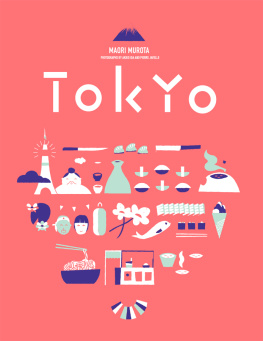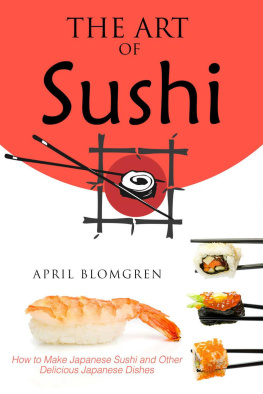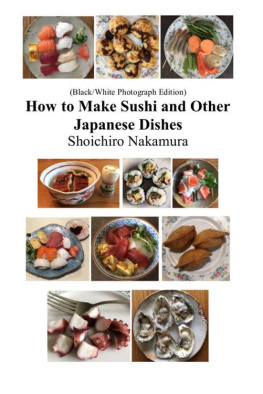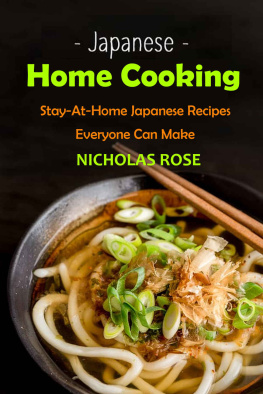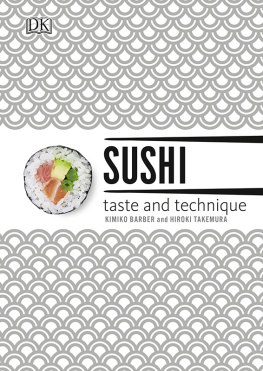Foreword I first met Nic Watt over a delicious tuna and caviar tartare and some amazing lamb chops with a Korean sauce in 2004 when he opened and co-founded Roka restaurant on Londons Charlotte Street. Id been aware of Nic previously, from when he was working at Nobu in London before heading back to New Zealand to become executive chef at Huka Lodge. Id followed his career when I could, admiring this fellow New Zealanders determination, enviable talent and hard work. He has had, and continues to have, a fantastic career in the kitchen, but hes also a smart businessman and operator. In 2012 I was holding my second Dining for a Difference dinner at SKYCITY, a thirteen-chef dinner charity event raising money for Leukaemia and Blood Cancer New Zealand.
Every dinner I get to choose and invite chefs from around New Zealand and Australia, along with one international name. On the night, chefs draw the names of the table hosts out of a hat. Id felt SKYCITY should have a contemporary Japanese restaurant in their stable, and in my mind Nic was the perfect chef to do that, so Id asked him to come and be part of this fabulous evening. Nic flew out to cook at the dinner, wooed the guests, and fortuitously got to cook for Nigel Morrisons table on the night. The rest, as they say, is history. Nigel and Nic hit it off and Nigel could see the talent in front of him.
And several years later, with Nic and his family relocating from Wimbledon to Auckland, Masu is now firmly on New Zealands culinary radar, having won Metro Supreme Restaurant of the Year and gaining two chefs hats in the Cuisine awards, amongst other things. Masu it may be the name of the simple wooden box sake is served in, but it is so much more than that. And its fantastic to have Nic part of the team here in Auckland. Peter Gordon chef, restaurateur and friend
London 2015
Introduction The Name A masu box is a square wooden box that was used to ration rice in Japan during the feudal period. Today masu boxes are smaller and used for drinking sake out of. If you came to my house I would put your cup into a masu box and pour till the sake overflowed into the box itself.
This custom symbolises abundance, prosperity, goodwill and giving more than people expect; this is the essence of the Masu dining experience. I would really like to take credit for the clever name, but I have to acknowledge Nigel Morrison as it was definitely a collaborative effort. The Restaurant Masu has been two decades in the making. So many experiences and colourful characters from the last 23 years of my culinary career have contributed in some way to this restaurant. From my early days in Japan, when I could only count to 10 and say hello in Japanese, to meeting the gorgeous waitress in London who would become my wife, to being the global chief operating officer of Roka group all of this is reflected somewhere in the bustling, dynamic space that is Masu. Masu is the realisation of a long-held dream to open my own restaurant in this city I hold so dear.
Masu is, of course, Japanese in every way: the Obi Room decorated with sashes from the national costume; the home-made shochu in jars at the bar; the chefs incredible skill in slicing sashimi. But there are a lot of Kiwi touches too I always smile when I see someone standing at the bar with an LwP (lemon and pineapple shochu, that is; weve even had a special retro bottle made). And, although the cuisine is Japanese, the salmon comes from Nelson, the wasabi root from Hokitika and the ginger stem from Pukekohe. At Masu, we love New Zealand produce. The Kiwi sense of laid-back casual fun is also embedded in our ethos. While weve certainly had some big deals signed here during high-powered business lunches, this is first and foremost a place to relax, have fun and laugh loudly over good food.
There are no rules about what you can eat at the bar or in the restaurant, for lunch or for dinner, and we regularly have groups who come for lunch and end up staying all day. My wife Kelly and I have achieved the balance we always wanted: high-end food prepared with a level of skill and passion found only in the worlds top restaurants but without a trace of formality or austerity. A lot of thought and detail has gone into every part of Masu. The robata grill can be seen from any seat in the house, the chopsticks are lined up with military precision and the ice for our shochu is hand-sawn from a huge deoxygenated block so it doesnt dilute your beverage. But we have made sure that all of this is designed to enhance your experience, not intimidate you. We dont care what you order, or whether your wine or sake matches your food perfectly.
We welcome your kids in fact we provide origami kits for them so you can enjoy your meal and we dont care if youre the hippest of hipsters or celebrating your seventy-fifth birthday in your twinset and pearls. We love for you to be entertained too, and encourage the swinging-round of chairs to check out the flames, culinary craftmanship and high-energy excitement of our very open kitchen. Of course the quality of our cuisine is paramount, and we hire our staff very carefully to make sure of this. When I found out Masu was going to become a reality, I made one phone call to one chef in London, and thank goodness he said yes. Darren Johnson is one of the best in the business and is executive chef of our incredible kitchen. Everything is made from scratch, aggressive behaviour is not tolerated and we would most certainly not be the success we are without him at the helm.
Its the same with front of house. Truly personable and attentive waitstaff are crucial and we always employ people with that little spark. A restaurant with great food but no personality is not a fun place to be. We love our customers and, while its wonderful to see new people discovering us, we also really enjoy seeing regular faces reappear at the bar, tables or grill. Were proud to be a favourite spot for many, and we hope customers always leave feeling as excited about the Japanese dining experience as we are. My Background I started cooking when I was 18 and by 21 was head chef of a busy Auckland restaurant.
Like most young men, I thought I knew it all, so I packed my bags and knives and headed to Sydney. Turns out I didnt know as much as I thought, so I went on to learn some more. It was common at that time for chefs to go to Europe, but the well-trod path has never really appealed and I decided Japan was for me. As an Antipodean, I love seafood and I saw no better place to master the preparation and cooking of it. It was my time there that gave me a proper understanding, and undying passion for Japan, its cuisine and its culture. I lived, worked and socialised with Japanese people and fell in love with their food, customs and outlook on life.
Working at the Park Hyatt Tokyo taught me skills that are very much relevant to Masu today.

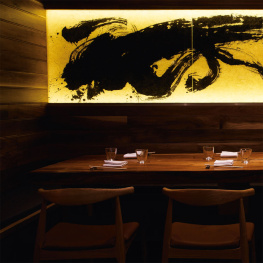
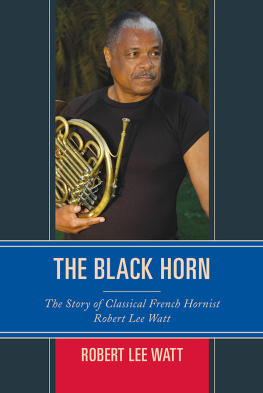
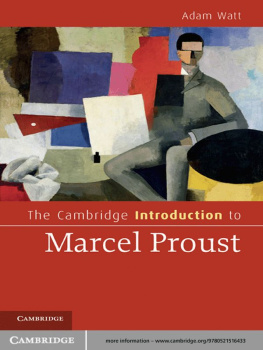
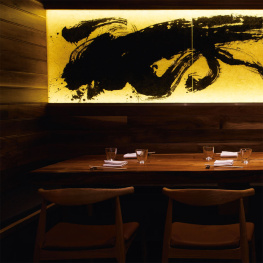
![Watt - The 90-day screenplay : [from concept to polish]](/uploads/posts/book/103527/thumbs/watt-the-90-day-screenplay-from-concept-to.jpg)

